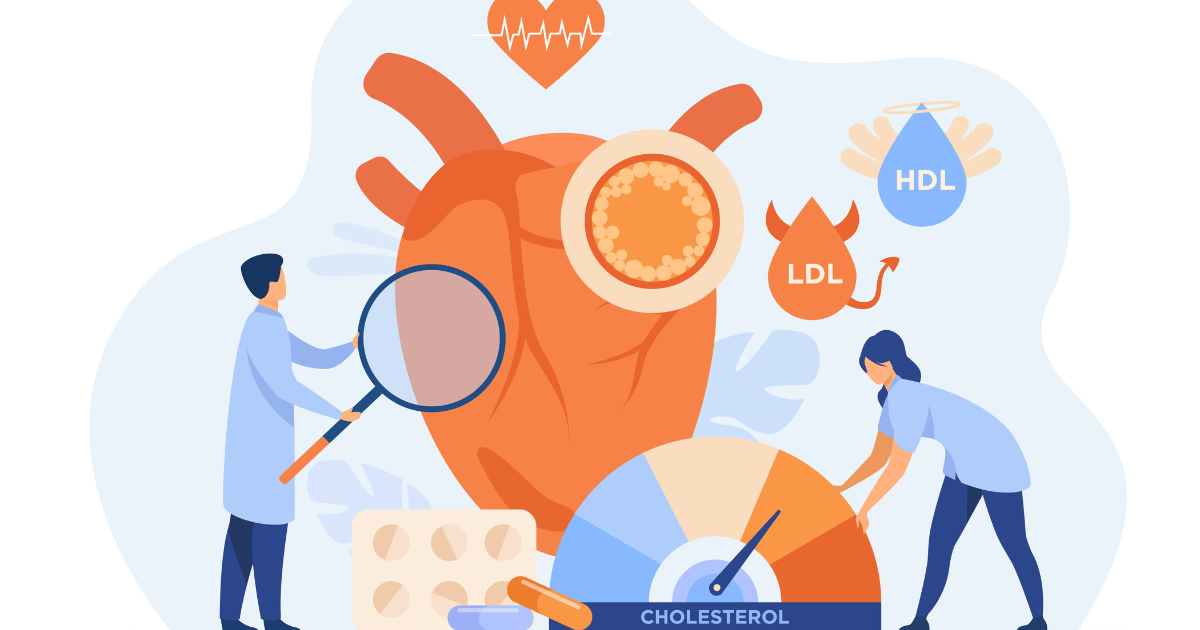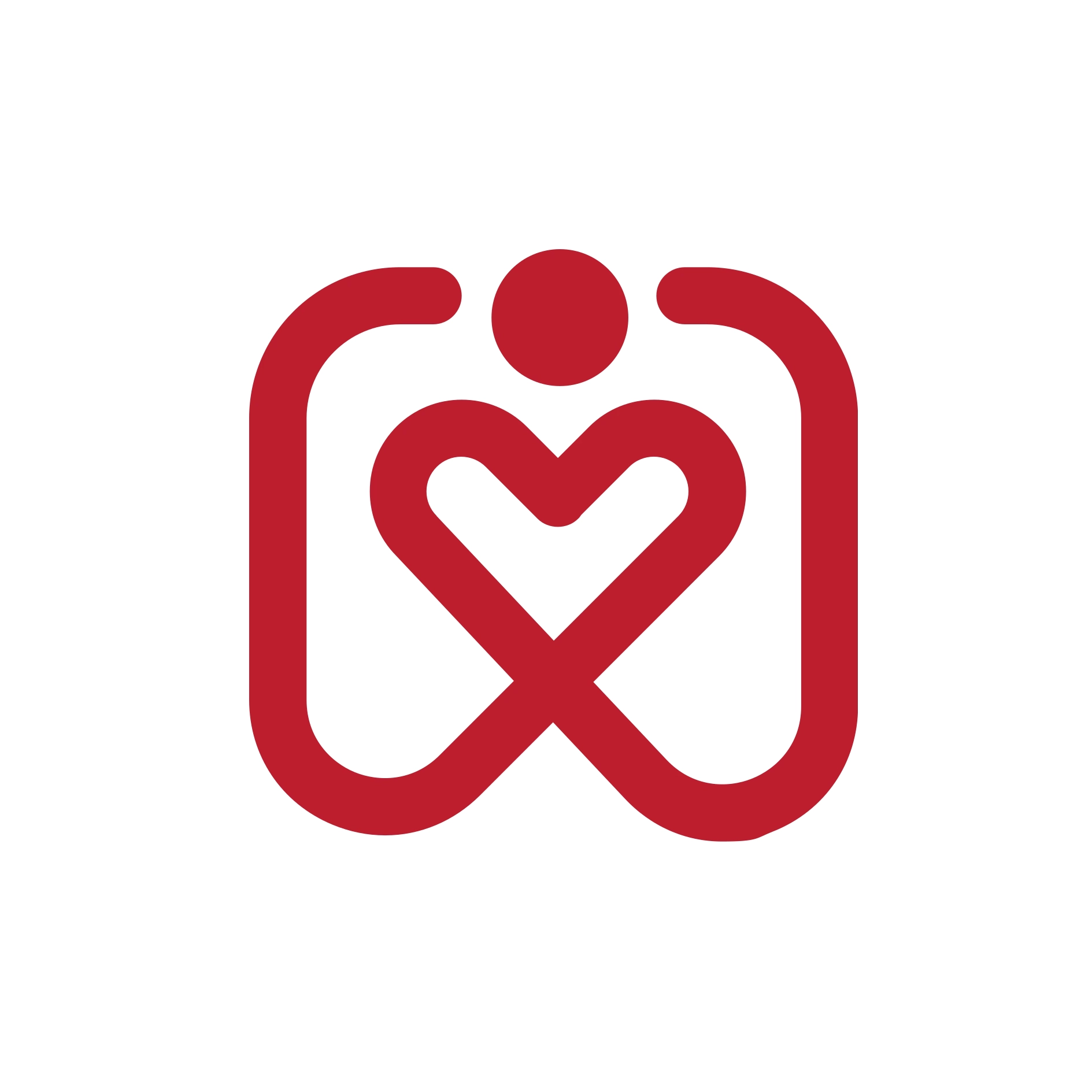When we think about heart health, common risk factors like smoking, high cholesterol, and lack of exercise come to mind. But there are other, more subtle habits that often fly under the radar quietly damaging your cardiovascular system every day. In this blog, we’ll uncover five lesser-known habits that could be silently hurting your heart and increasing your risk of conditions such as high blood pressure, heart failure, and arrhythmia. Understanding these behaviors can help you take action before any serious damage occurs.
Whether you're in your 30s or 60s, keeping your heart in top shape requires more than just avoiding fried food. Let’s explore how everyday actions may be impacting your health and what you can do about them.
1. Sitting for Long Periods Without Movement
Most people associate a sedentary lifestyle with weight gain, but prolonged sitting also affects your circulatory system. Whether you're at a desk job or binge-watching a series, inactivity leads to poor blood flow and increased risk of cardiovascular complications.
How prolonged sitting harms cardiovascular function:
- Decreases blood circulation, increasing the chance of clot formation
- Raises triglyceride levels and lowers good cholesterol (HDL)
- Contributes to insulin resistance, which is linked to inflammation and arterial damage
What you can do instead:
- Stand up and stretch every 30–60 minutes
- Use a standing desk or take walking meetings
- Set reminders for short activity breaks during your day
For those already managing conditions like diabetes or hypertension, reducing sedentary behavior is especially crucial. You can also read our blog on desk jobs and heart risk for more tips.
2. Overuse of Over-the-Counter Painkillers
Pain relief is convenient, but certain medications especially nonsteroidal anti-inflammatory drugs (NSAIDs) can raise your blood pressure and increase the risk of heart attacks when used frequently.
Commonly used OTC medicines that impact heart function:
- Ibuprofen (Advil, Brufen)
- Naproxen (Aleve)
Why this is harmful over time:
- NSAIDs can lead to fluid retention and increased strain on the cardiovascular system
- These drugs may interfere with medications prescribed for blood pressure or heart conditions
Safe practices to adopt:
- Use painkillers only when necessary and under a doctor’s supervision
- Consider natural pain relief methods like physiotherapy or yoga
- Check for heart-safe alternatives if you have chronic conditions
If you’re taking heart medications, always consult your cardiologist before using OTC drugs.
3. Ignoring Sleep Quality and Patterns
Lack of sleep is more than just an energy issue—it’s a serious cardiovascular risk factor. Poor sleep has been linked to hypertension, heart rhythm disorders, and even heart attacks.
How poor sleep affects the heart indirectly:
- Disrupts hormone levels that regulate blood pressure and stress
- Increases inflammatory markers in the blood
- Leads to weight gain and type 2 diabetes, both of which are cardiovascular risks
Watch for these signs of sleep-related problems:
- Loud snoring or gasping during sleep (possible sleep apnea)
- Waking up tired despite a full night's rest
- Trouble falling asleep or frequent awakenings
Ways to improve your sleep hygiene:
- Maintain a consistent sleep schedule
- Avoid caffeine, heavy meals, and screens before bed
- Get screened for sleep apnea if symptoms persist
Sleep apnea in particular has a well-established link with heart rhythm disorders, so early diagnosis is key.
4. Suppressing Emotions and Chronic Stress
Mental health and cardiovascular health are more connected than many people realize. Holding in anger, anxiety, or grief may not seem harmful in the moment, but over time it puts your heart under continuous pressure.
Why emotional stress is dangerous:
- Triggers the release of stress hormones like cortisol and adrenaline
- Raises heart rate and blood pressure
- Promotes unhealthy habits like binge eating or smoking
Healthier coping strategies include:
- Practicing mindfulness or meditation
- Talking to a therapist or support group
- Journaling or engaging in creative activities
Unchecked stress can lead to premature aging of blood vessels. Building emotional resilience is as important as physical fitness in maintaining a healthy cardiovascular system.
5. Skipping Regular Check-Ups
You might feel perfectly healthy, but that doesn’t mean your heart is. Many cardiovascular issues like high blood pressure, arrhythmias, or valve problems don’t cause symptoms in the early stages.
Why routine heart health screening matters:
- Detects silent conditions early
- Helps manage risk factors like cholesterol and blood sugar
- Provides a baseline for future comparison
Screenings to consider every 6–12 months (especially after 40):
- Blood pressure and lipid profile
- ECG (Electrocardiogram)
- Echocardiogram (if risk factors are present)
Frequently Asked Questions
Q. Can these habits cause heart attacks directly?
Not necessarily on their own, but they increase your risk significantly over time by contributing to inflammation, high blood pressure, or arterial blockages.
Q. What are silent symptoms I should watch for?
Fatigue, shortness of breath during simple activities, and irregular pulse can all be early signs of cardiovascular trouble.
Q. How often should I get a check-up if I feel fine?
Once a year is ideal after the age of 30, especially if you have a family history of cardiac conditions or lifestyle risk factors.
Q. Can improving sleep and managing stress really make a difference?
Yes. Studies have shown that better sleep and reduced stress levels significantly lower the risk of cardiac events.
Final Thoughts
These five habits may seem harmless, but over time they can silently weaken your cardiovascular system. By becoming more aware of these lesser-known risks and making small yet consistent changes in your daily routine, you can take powerful steps to protect your health.
Your heart is central to every function in your body. Treat it with the care and attention it deserves. If you have questions about heart screening, symptom tracking, or managing risk factors, consult a cardiologist or visit a trusted medical platform like Swasth Hriday for more information.



